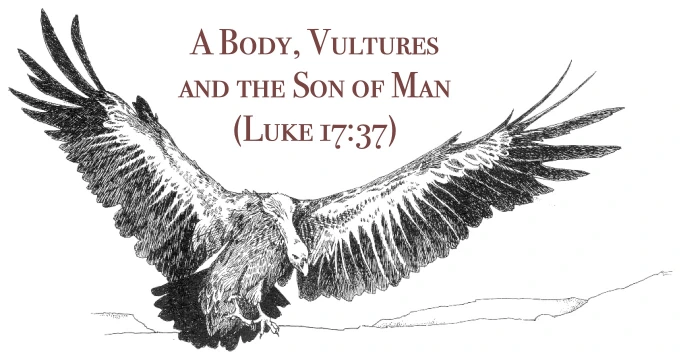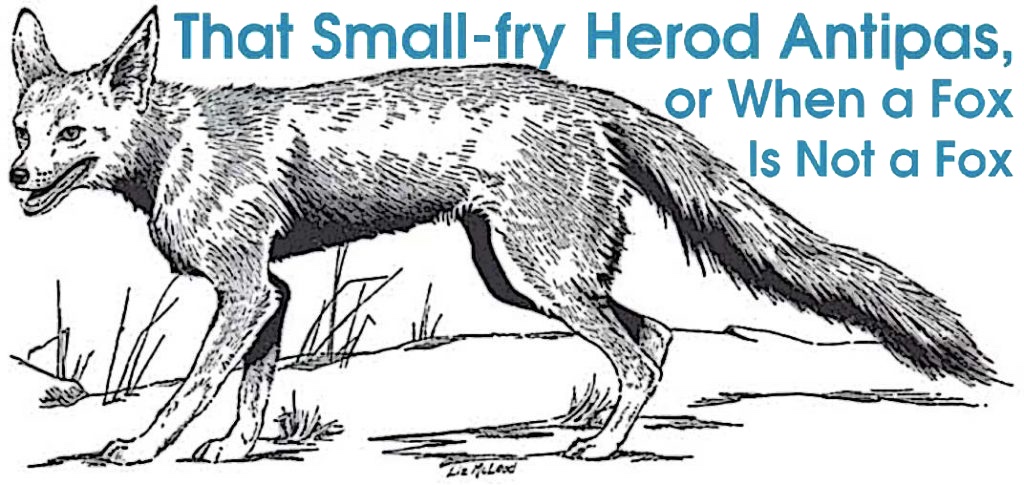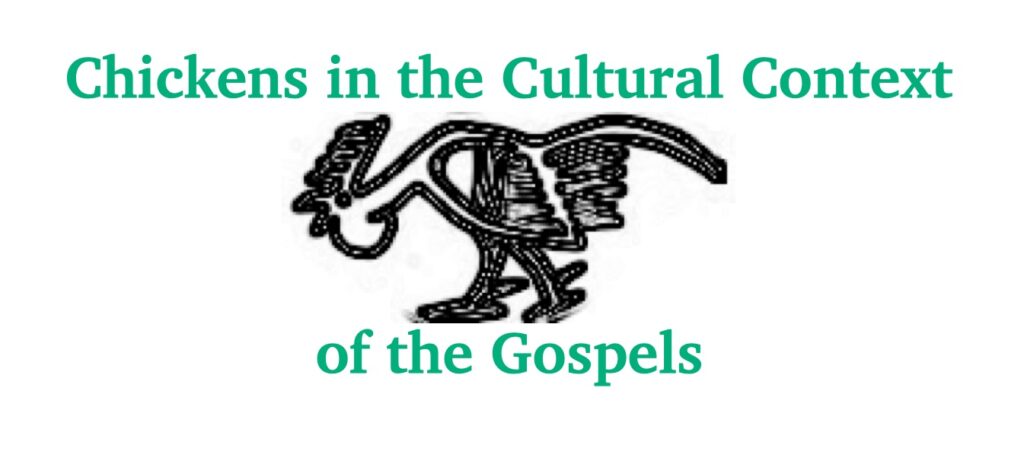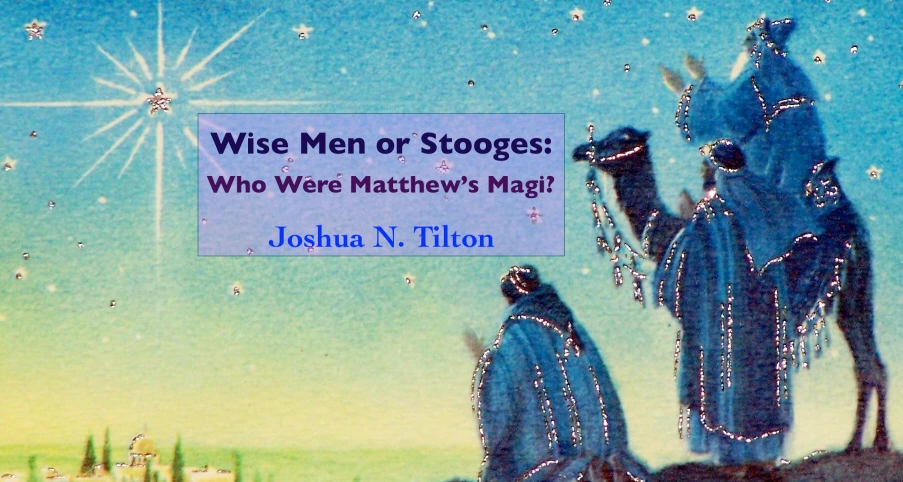
A JP reader writes:
Can you help with a puzzle? In Luke 17 and Matthew 24 Jesus makes the oddest statement: “Where the body is there also will the vultures be gathered”; “Wherever the corpse is, there the vultures will gather” (Luke 17:37; Matt. 24:28; NASB). This seems so out of sync with the subject matter. Could Jesus have used a Hebrew idiom of the day that we misunderstand (looking through English via Greek eyes, as it were)? Please shed some light on this phrase.
Beth Dodd, Gainesville, Texas, U.S.A.
David Bivin responds:
Luke 17:37b, ὅπου τὸ σῶμα ἐκεῖ καὶ οἱ ἀετοὶ ἐπισυναχθήσονται (“wheresoever the body is, thither will the eagles be gathered together”; KJV),[1] is certainly one of the most enigmatic of Jesus’ sayings. Commentators have noted that Jesus employed a proverbial saying to reply to his disciples’ question, “Where, Lord?” (Luke 17:37a); however, they differ on what the proverb means in this context. Some understand it to mean that the Son of Man will inevitably appear just as eagles inevitably show up where there is carrion. Others suggest that it refers to the swiftness with which the Son of Man will come in judgment. Still others take it to mean that the Son of Man will come when the world has become like a lifeless corpse, rotten with evil and ripe for judgment. None of these interpretations seems satisfactory in light of the disciples terse question—”Where?”
From my experience, the most effective way to understand a saying of Jesus preserved in the Synoptic Gospels (i.e., Matthew, Mark and Luke) is to translate it into Hebrew and then ask what the resultant Hebrew means. When the saying about a dead body and eagles is put into Hebrew, one notices a possible allusion to a passage from the book of Job that describes the habits of vultures:
It [the vulture] dwells among the rocks and there it lodges; its station is a crevice in the rock; from there it searches for food, keenly scanning the distance, that its brood may be gorged with blood; and where the slain are, there the vulture is. (Job 39:28-30, New English Bible)
This passage concludes with the proverb to which Jesus seems to be alluding: וּבַאֲשֶׁר חֲלָלִים שָׁם הוּא (u⋅va⋅’a⋅SHER ḥa⋅lā⋅LIM shām hū’, “and wherever there are slain, there it [the vulture] is”), that is, whenever dead bodies lie exposed in the open field, immediately vultures appear and huddle around them.
Many English versions of the Bible, for example, the King James Version, present the reader with four literalisms in their translations of the eight Greek words in Luke 17:37b:
- “body” would be more idiomatically translated by “corpse” or “dead body.” The singular of חֲלָלִים (ḥa⋅lā⋅LIM, “slain persons”), the word used in Job 39:30, is probably behind the Greek words translated “body,” “carcass” and “dead body” in Luke 17:37 and its parallel, Matthew 24:28. In Biblical Hebrew, ḥa⋅lā⋅LIM means wounded or slain persons, never carrion or the carcasses of animals.
- “eagles” should be translated “vultures” since eagles do not feed on carrion. The confusion arises because נְשָׁרִים (ne⋅shā⋅RIM), the Hebrew word used in Job 39:27, the Hebrew equivalent of the Greek word translated “eagles” in Luke 17:37, can mean both “eagles” and “vultures.”[2]
- “will be gathered together” should be converted to the present tense, that is, “[there the vultures] gather together.” Hebrew proverbs use the “future” or “imperfect” tense of the verb, whereas English proverbs typically use the present tense (e.g., “A stitch in time saves nine”). “Future” tense verbs in Hebrew proverbs must usually be translated to English with the present tense.
- “the body,” and “the vultures,” though technically definite, have an indefinite sense in this context and should be translated as “a [dead] body” and “vultures.” In Hebrew a definite noun often has an indefinite sense.
A more idiomatic English translation of Jesus’ saying would be: “Wherever there is a slain person, there vultures gather.”
Jesus seems to be speaking of the rapture. This is indicated by his use of “taken” in the preceding verses: “There will be two men in one bed. One will be taken and the other left. There will be two women grinding together. One will be taken and the other left” (Luke 17:34-35). “Take” is a Hebraism for “translate,” (or “rapture”), as in the case of Enoch of whom the Bible says: “Enoch walked with God; then he was no more, for God took him” (Gen. 5:24).
Robert Lindsey reached the conclusion that the setting for this saying of Jesus was a meeting between Jesus and his disciples on the Mount of Olives just prior to his ascension (Jesus, Rabbi and Lord: A Lifetime’s Search for the Meaning of Jesus’ Words, 203). Jesus tells his disciples that at the rapture many people will be left behind (“one will be taken and another left”). The disciples are concerned, and express this in just one word, אֵיפֹה (’ē⋅FOH, “Where?”), that is, “Where will you be, Lord? How will we reach you?” Jesus calms his disciples with a well-known proverb: “Wherever there is a slain person, there vultures gather,” that is, “Wherever I will be, there you likewise will be.”[3] Jesus indicates to his disciples that at his appearance, the disciples instantaneously and miraculously will be found in his presence.
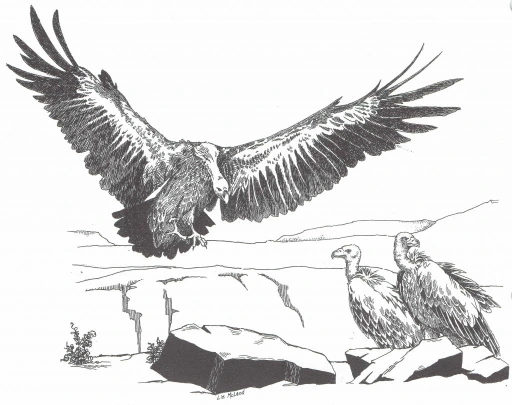
For a re-examination of this passage, check out the Life of Yeshua (LOY) Commentary segment on this site entitled “Carrion Birds“—JP
For more on animal life mentioned in the Gospels, check out these JP articles:
And check out these recent JP articles:
- Musings on the Magi: What Theological Lessons Can Be Drawn from Matthew’s Infancy Narrative?The theological lessons of the magi story are complex and nuanced. They require balance and wisdom, and they stretch us beyond what we may feel is practical or reasonable to achieve. But what good is theology if it does not aspire to a vision of a better world?
- Mary and IsraelMary, the mother of Jesus, must be seen in the context of Jewish suffering.
- A Jerusalem Perspective on the MagiA new collection of articles on Matthew’s narrative of the magi. Available 7 December 2025!
- The Star of Bethlehem: An Astronomical PerspectiveCan astronomy help us to identify the “star” the magi followed to Bethlehem?
- The Narrative of the Magi: Some Notes from a Jewish PerspectiveWhat purpose does Matthew’s choice of the title “magi” serve when he used this term to describe the bearers of the messianic tidings?
- Wise Men or Stooges: Who Were Matthew’s Magi?Matthew’s magi reprise the role of the wizards of Egypt in the Joseph and Moses narratives, but with a surprising twist.

- [1] Matthew’s parallel is: ὅπου ἐὰν ᾖ τὸ πτῶμα ἐκεῖ συναχθήσονται οἱ ἀετοί (wherever there may be the corpse, there will be gathered the eagles; Matt 24:28) ↩
- [2] The biblical “eagle” refers to the Griffon Vulture. ↩
- [3] Jesus likens himself to a decaying corpse and his disciples to vultures because he is alluding to Job 39:30. ↩

